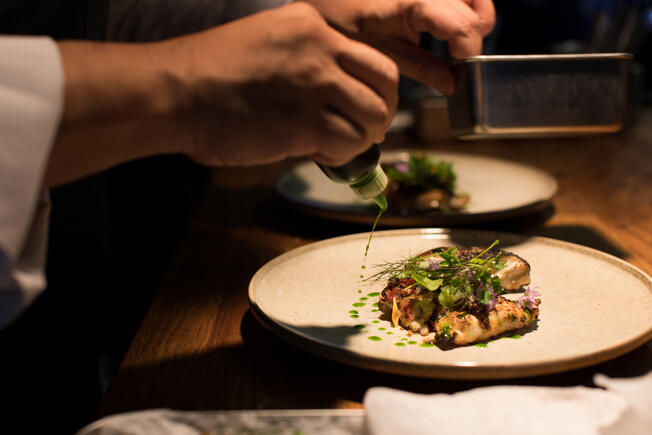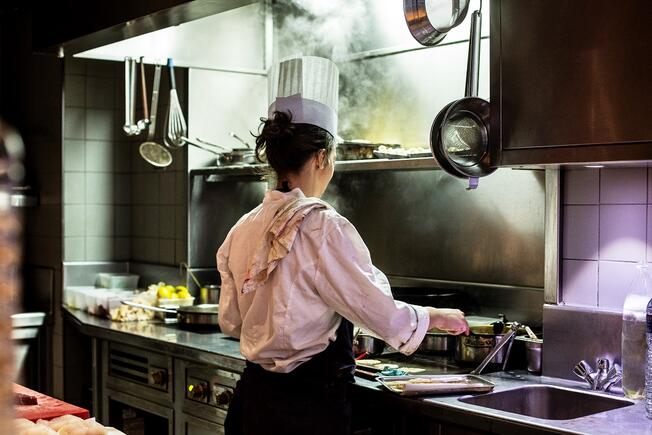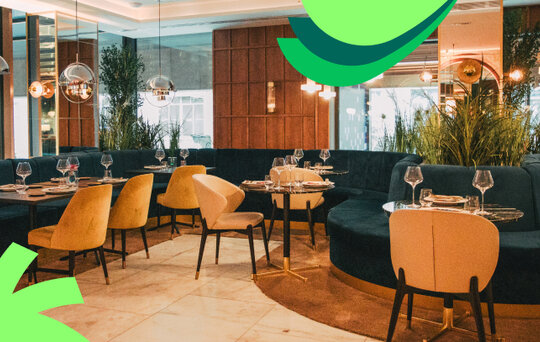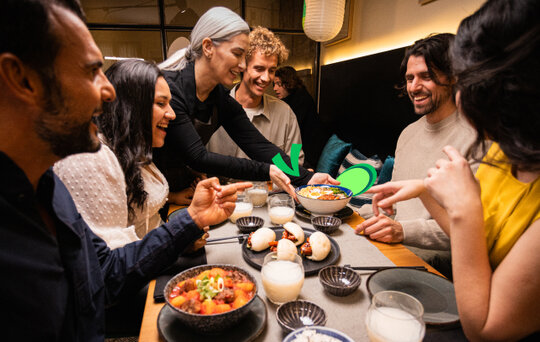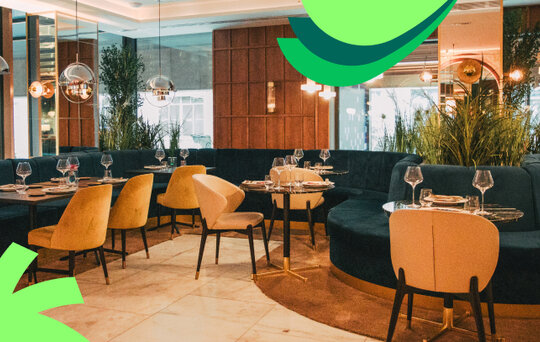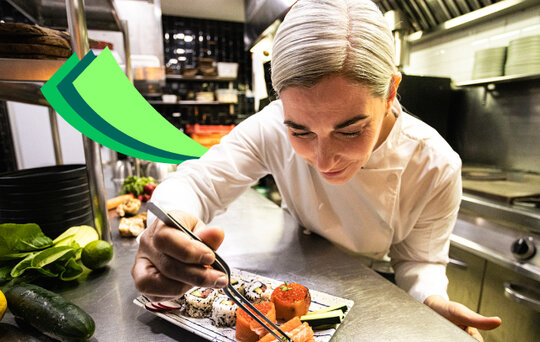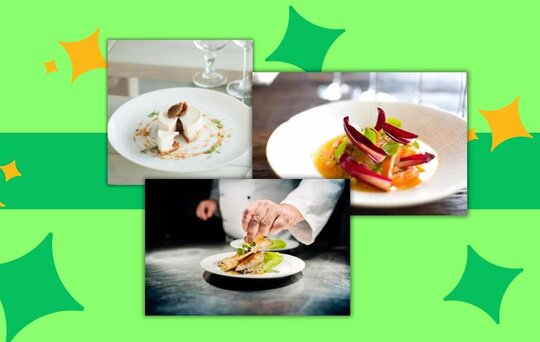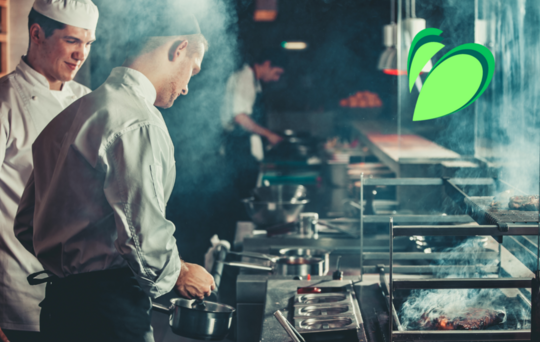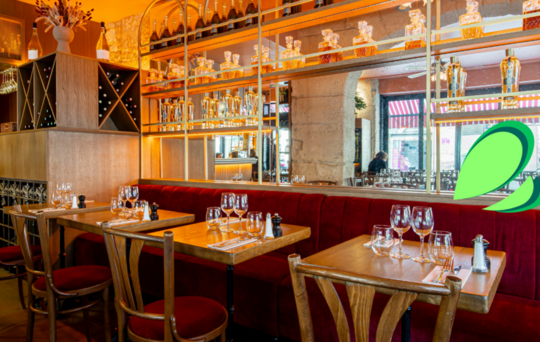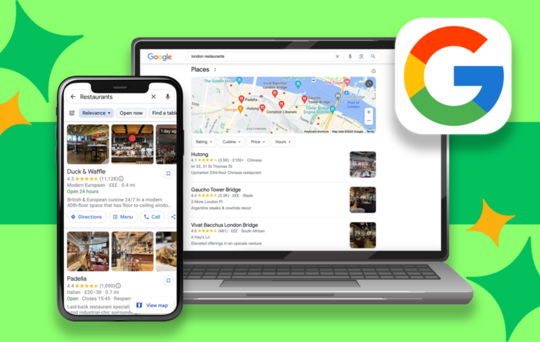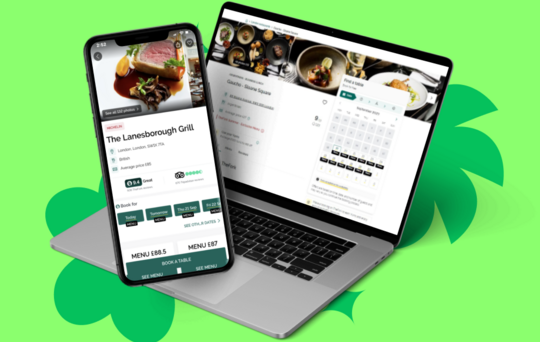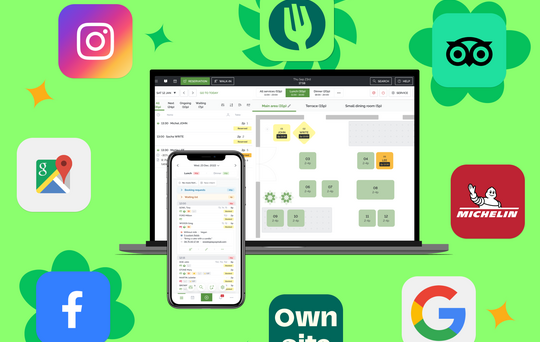How to Hire a Chef for Your Restaurant?
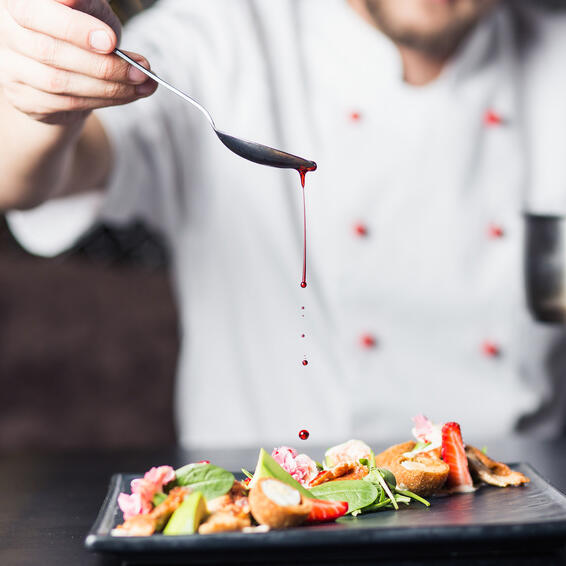
Who is a restaurant’s rock star? The chef, of course! As protagonists of the wider culinary scene, chefs are rightly considered the beating heart of any restaurant. With ultimate responsibility over how dishes leave the kitchen, chefs dictate customer satisfaction, flavour, quality, and presentation and ensure meals get to the table on time.
Restaurant kitchens tend to be fast-paced environments where effective teamwork is critical. The head chef must be an inspiring team leader capable of managing all kitchen operations, and be passionate and knowledgeable about food. A great chef has the power to transform a restaurant into a thriving, profitable business. Below are a few tips on how to hire the right chef for your restaurant’s needs.
How to hire a chef for your restaurant?
Define the profile
Is being a good chef a question of talent? Of course! But the chef also needs other qualities to keep everything running smoothly. In this article, you'll learn how to define the best profile for your restaurant.
The qualities of an ideal chef profile can vary greatly depending on the type of restaurant the chef will be leading. For example, a restaurant serving fine cuisine may need to find a more creative chef with executive skills, whilst a pizzeria requires someone who knows ingredients very well and can manage orders efficiently. Meanwhile, a health food restaurant might look for a chef who is more focused on nutrition.
The most important thing to keep in mind when hiring a chef is to focus on finding the perfect fit for your restaurant: a chef with the right balance of cooking skills and understanding of your dining experience.
Define your recruitment strategy
Start by defining what the role entails based on the essential qualities, skills and experience you are looking for in the chef you are willing to hire.
Key considerations
- What type of chef are you looking for? The main figures are the Executive chef or Head chef, sous-chef, and line chef.
- When and how often do you need the chef to be available? Are you hiring a chef full-time or part-time?
- What will be the chef’s main responsibilities? Note: be as specific as possible.
- What types of cooking skills and food styles are you looking for? (vegan, plant-based, sushi, pastry & baking, pizza maker, gastronomic, breakfast food, knowledge of wine and beverages, excellent knife handling skills…)
- What qualifications are you looking for, if any?
- How many years of restaurant experience do you require, and which is more important to you: formal culinary education or on-the-job know-how?
- How involved will the chef be in the business aspects of your restaurant?
- What type of soft or “people” skills are you looking for?
Hint: This step will help you write an accurate description of the chef position for a job ad and prepare you to ask the right questions in the chef interview. If possible, involve someone else in the process, such as the restaurant manager, so as not to forget key points.
Write a chef job AD that makes candidates want to apply
When writing a chef job ad, you should include more than just a detailed, accurate description of duties and responsibilities.
Remember: You need to make the chef job ad as appealing as it can be. It should stand out from all the other restaurants.
Think about what makes your restaurant unique and appealing as a workplace. Highlight your restaurant’s philosophy and core values, physical space and/or design environment, vibe (upscale, casual, fast-food…), menu (seasonally driven, organic, traditional/trendy) and working environment.
Be sure to include the chef’s salary and any benefits you offer, such as:
- Paid holiday time
- Bonuses
- Retirement plan
- Health insurance plans
- Advancement opportunities
Hint: Experienced executive chefs are in high demand. Consider that, in many cases, the chef will be interviewing you as much as you are interviewing them. The job ad may be the first contact the chef will have with your restaurant: make it professional, descriptive, and clear. Above all, make sure your establishment comes across as a great place to work.
For better results, post your job ad on specialised online platforms where culinary professionals are actively seeking opportunities. Websites like Culinary Agents, Poached Jobs, and Chef Jobs UK are excellent places to start. Additionally, you can leverage social media platforms such as LinkedIn, Facebook, and Instagram to reach a broader audience. Another important method that can help you hire a great chef for your restaurant is networking with industry groups and local culinary schools.
Try TheFork Manager today
Conducting chef interviews
The interview stage is crucial when hiring a chef for your restaurant. It is the moment when you will be face-to-face with the candidate, giving you the chance to delve into their cooking skills, background, education, experiences and cooking philosophy. By establishing a dialogue with potential candidates, you will get to understand how they operate, giving you direct feedback about their confidence level and suitability.
First, you should start by asking questions related to the chef's culinary creativity and problem-solving abilities.
Example: Can you describe a situation that required you to invent a dish from scratch due to a lack of ingredients? What approach have you adopted to this particular circumstance?
Another crucial quality to assess when you are hiring an executive chef is their leadership style.
Example: How do you resolve conflicts within your kitchen staff? How do you usually act as a mentor to your sous-chef or other team members?
However, communication and innovative ideas alone aren’t enough. To hire a candidate, it’s key to evaluate their technical cooking skills and food preparation techniques.
Example: What are the core stages in the creation of a seasonal menu that accommodates various dietary requirements and restrictions?
Besides questions, you should consider adding cooking demonstrations as a practical assessment to see how the chef interacts with other staff members before making the final decision.
The test
Observing a chef at work in your kitchen is the ultimate test. If you are only considering a few candidates, bring them each in for a full day (ideally during a quieter shift to avoid delays).
If more than one candidate passes this assessment, you can keep testing them over a few weeks. Once you finally find the perfect person, you can suggest a paid trial month.
Things to note during the evaluation:
- Dexterity when using tools, how they hold the knife, chop ingredients, etc.
- Levels of tidiness and organization while cooking, especially regarding health and hygiene best practices.
- Attitude and ability to execute orders quickly. If the chef keeps calm under pressure, that's a very good sign.
- Use of resources: whether they recycle ingredients or waste them.
- Knowledge of recipes, techniques, and tricks for food preparation.
- Knowledge of measurements, weights, cooking skills and methods.
- Coordination with the kitchen team and communication with the waitstaff.
Hint: If a chef isn't effective overall, no matter how creative, it's best to find a replacement as soon as possible. Very intense relationships are often formed between restaurant colleagues, and this may show itself when it comes time to let someone go. For this reason, it's important to hire an experienced chef the first time.
Let the world know you are looking for a chef
Once you have crafted a great job ad and know exactly the type of chef you need, how do you find them? There are several ways of attracting experienced candidates:
💻 Post your job ad on some of the most widely used online job boards, such as Indeed, LinkedIn or Glassdoor. Also, consider specialised restaurant industry job boards for your country.
🔊 Leverage your social and professional network: Take advantage of your own social and professional circles (restaurant suppliers, peers...). You could even use friends and family to get the word out that you are hiring a chef.
👩💼 Use a recruiting agency: While this is a more expensive option, it saves time as the agency will vet candidates and provide you with a short list based on your needs.
👨🏽🍳 Hire internal talent: Is there a talented sous-chef in-house eager to take on more responsibility? Promoting an in-house chef is great motivation for all employees. In addition, you already know how the person works, if they are reliable, and their strengths and weaknesses.
🤝🏻 Word-of-mouth referrals: Word-of-mouth recruiting can help find talent naturally when employees spread the word about their business to others. Why not motivate your staff to help you find great chef candidates? Offer a referral bonus to any employee who introduces you to a chef that you end up hiring.
Hint: Chefs, especially younger ones, are eager to acquire a wide range of restaurant experience to build their resumes. Good chefs tend to be curious foodies, interested in learning more about new cooking techniques, ingredients and trends around the world. As a result, you may be able to attract exciting candidates from further afield: consider advertising in other regions, states or even countries.
The importance of hiring the right chef
Hiring a chef is not just about filling an open position but also finding the right person for your restaurant’s needs. This is why it’s so important to look for great executive chefs and sous-chefs who can bring knowledge to your establishment and strengthen your reputation in the customers’ eyes.
Nowadays, a talented chef should also be able to meet all of your clientele’s dietary requirements. They should deliver high-quality dishes that truly elevate your customers’ dining experience, leaving them fully satisfied. A culinary career is, first and foremost, a profession requiring an immense amount of work and true passion — qualities that any restaurant manager or owner will be familiar with.
Candidates who apply to your job ad must be experienced and particularly efficient in coordinating kitchen staff members. These elements will contribute to your restaurant’s success and the professional growth of your staff members. Make sure to hire the best possible chef who can lead your kitchen towards your shared goals. You'll notice the difference!

